Gov't officially falls Monday, elections in May
The second cabinet led by Vojislav Koštunica will officially fall tomorrow after his announcement yesterday.
Sunday, 09.03.2008.
10:58

The second cabinet led by Vojislav Kostunica will officially fall tomorrow after his announcement yesterday. This became clear late last evening when President Boris Tadic released a statement for the public, where he said he accepted the premier's position that the conditions for the government's functioning were no longer present. Gov't officially falls Monday, elections in May Tadic said that as soon as he received the government's decision on this, he will call new elections in line with his constitutional jurisdiction. The cabinet is set to meet Monday in Belgrade. "Prime Minister Vojislav Kostunica has notified me that he will call a government meeting Monday when he will propose the dissolution of the parliament and the calling of parliamentary elections for May 11," the statement from the president's office said. But Tadic did not agree that the reason for the impasse was a lack of a united state policy on Kosovo as a part of Serbia. "I believe that the government has no united policy over the European and economic perspective of Serbia and her citizens. I am also convinced that we will best defend our Kosovo from independence precisely with membership in the European Union," Tadic's statement said. But Kostunica told reporters earlier Saturday that there was agreement among all the parties as to the need for the country's European integration; the point where no agreement could be reached was whether or not Kosovo should be a part of Serbia as it attempts to join the EU, according to the premier. As for other coalition partners, G17 Plus and New Serbia have welcomed the move. In opposition, the SRS and LDP are also in favor of early elections, while the SPS believes the development will deepen the crisis in the country. According to the constitution, the parliament is dissolved by the president, after he receives a proposal from the cabinet. The president then calls new parliamentary elections, which must complete in 60 days' time at the latest. The parliament in the meantime carries on only with its ongoing duties, or those that cannot be postponed, as specified by law. The ruling coalition of Serbia was formed on May 15, 2007, four months after January elections, and was comprised of the four largest so-called democratic bloc parties: the Democratic Party (DS, of President Boris Tadic), the Democratic Party of Serbia (DSS, of Prime Minister Vojislav Kostunica), New Serbia (NS), and G17 Plus. The government was formed around five guiding principles, set out by Kostunica in his speech before the parliament, and voted for by all the ministers and the new parliamentary majority. The principles were: struggle to preserve Kosovo and Metohija as a part of Serbia, something also present in the new constitution; European integrations; fight against corruption and organized crime; strengthening of the social and economic policy; cooperation with the Hague Tribunal for war crimes. Kostunica, right, congratulates Tadic on his re-election (FoNet)
Gov't officially falls Monday, elections in May
Tadić said that as soon as he received the government's decision on this, he will call new elections in line with his constitutional jurisdiction.The cabinet is set to meet Monday in Belgrade.
"Prime Minister Vojislav Koštunica has notified me that he will call a government meeting Monday when he will propose the dissolution of the parliament and the calling of parliamentary elections for May 11," the statement from the president's office said.
But Tadić did not agree that the reason for the impasse was a lack of a united state policy on Kosovo as a part of Serbia.
"I believe that the government has no united policy over the European and economic perspective of Serbia and her citizens. I am also convinced that we will best defend our Kosovo from independence precisely with membership in the European Union," Tadić's statement said.
But Koštunica told reporters earlier Saturday that there was agreement among all the parties as to the need for the country's European integration; the point where no agreement could be reached was whether or not Kosovo should be a part of Serbia as it attempts to join the EU, according to the premier.
As for other coalition partners, G17 Plus and New Serbia have welcomed the move. In opposition, the SRS and LDP are also in favor of early elections, while the SPS believes the development will deepen the crisis in the country.
According to the constitution, the parliament is dissolved by the president, after he receives a proposal from the cabinet.
The president then calls new parliamentary elections, which must complete in 60 days' time at the latest.
The parliament in the meantime carries on only with its ongoing duties, or those that cannot be postponed, as specified by law.
The ruling coalition of Serbia was formed on May 15, 2007, four months after January elections, and was comprised of the four largest so-called democratic bloc parties: the Democratic Party (DS, of President Boris Tadić), the Democratic Party of Serbia (DSS, of Prime Minister Vojislav Koštunica), New Serbia (NS), and G17 Plus.
The government was formed around five guiding principles, set out by Koštunica in his speech before the parliament, and voted for by all the ministers and the new parliamentary majority.
The principles were: struggle to preserve Kosovo and Metohija as a part of Serbia, something also present in the new constitution; European integrations; fight against corruption and organized crime; strengthening of the social and economic policy; cooperation with the Hague Tribunal for war crimes.

















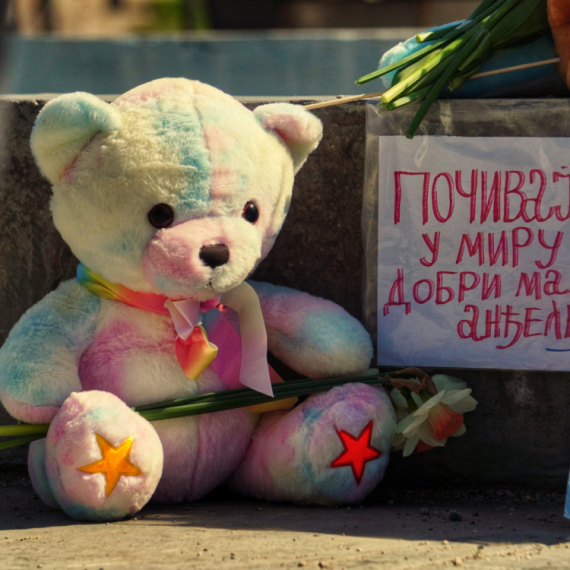
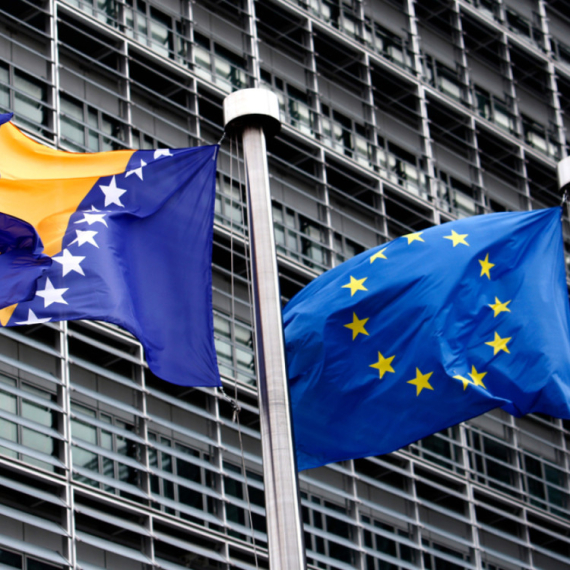
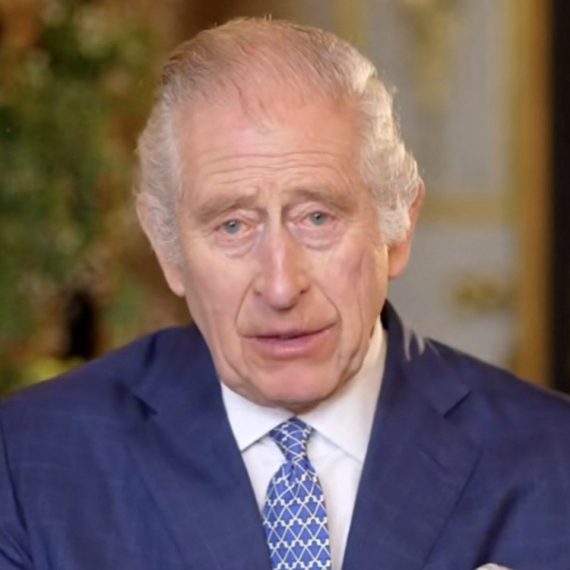
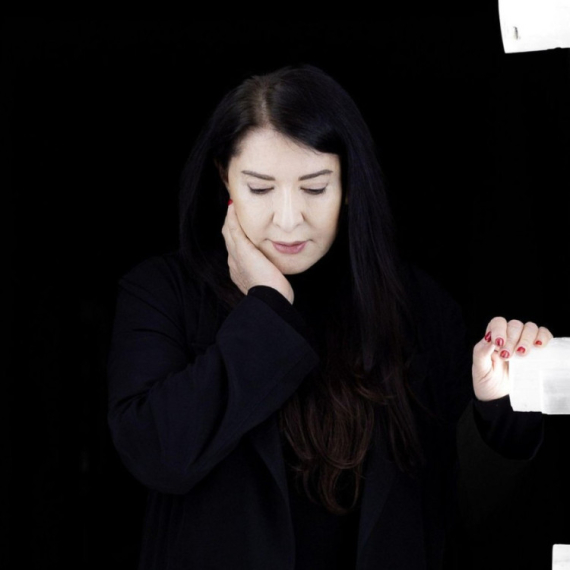



















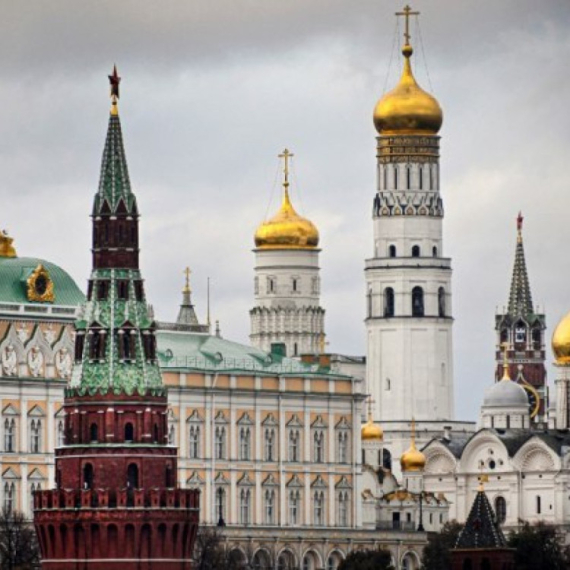
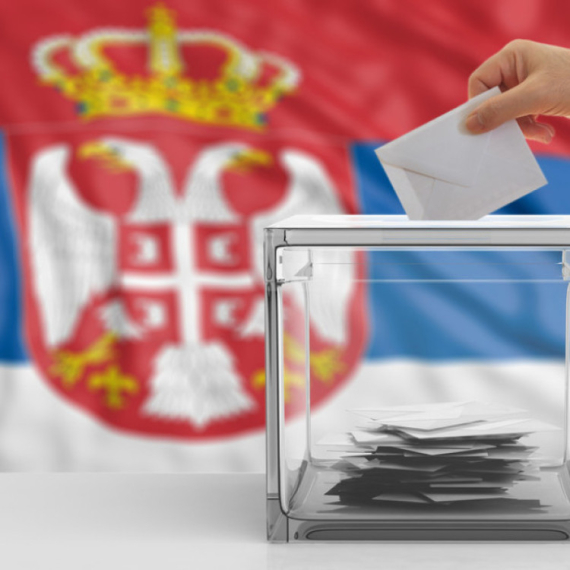
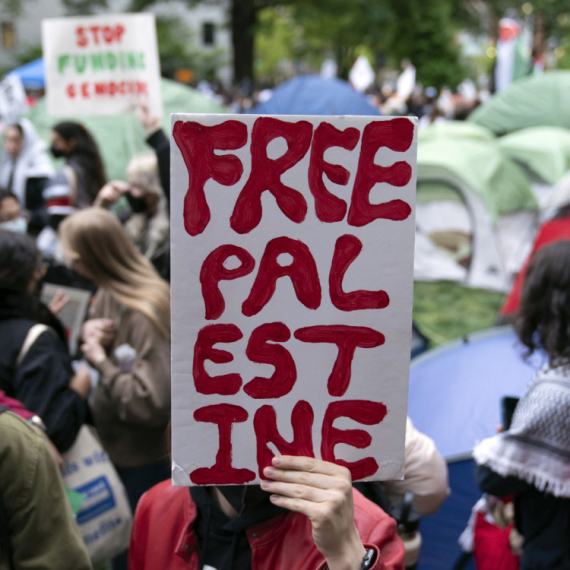
















Komentari 12
Pogledaj komentare